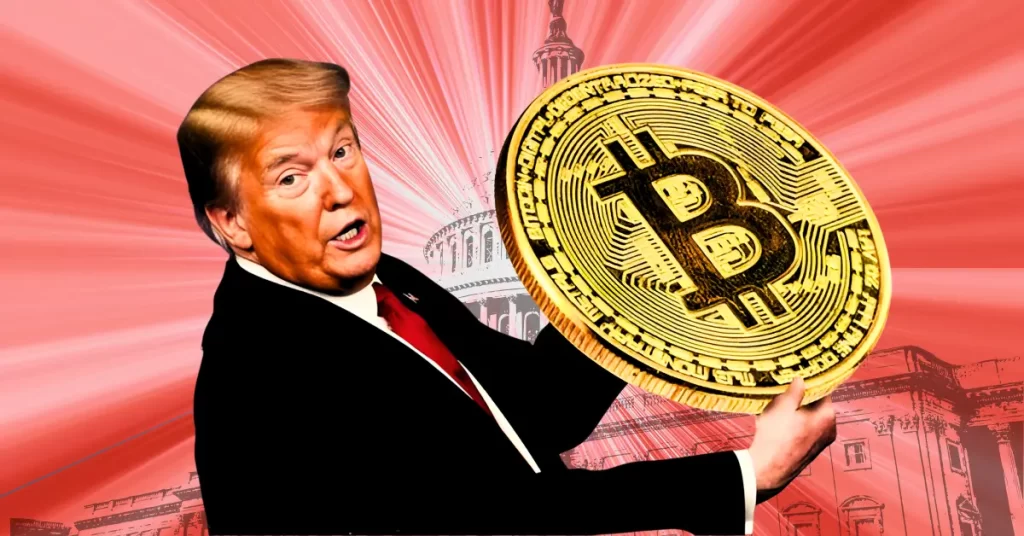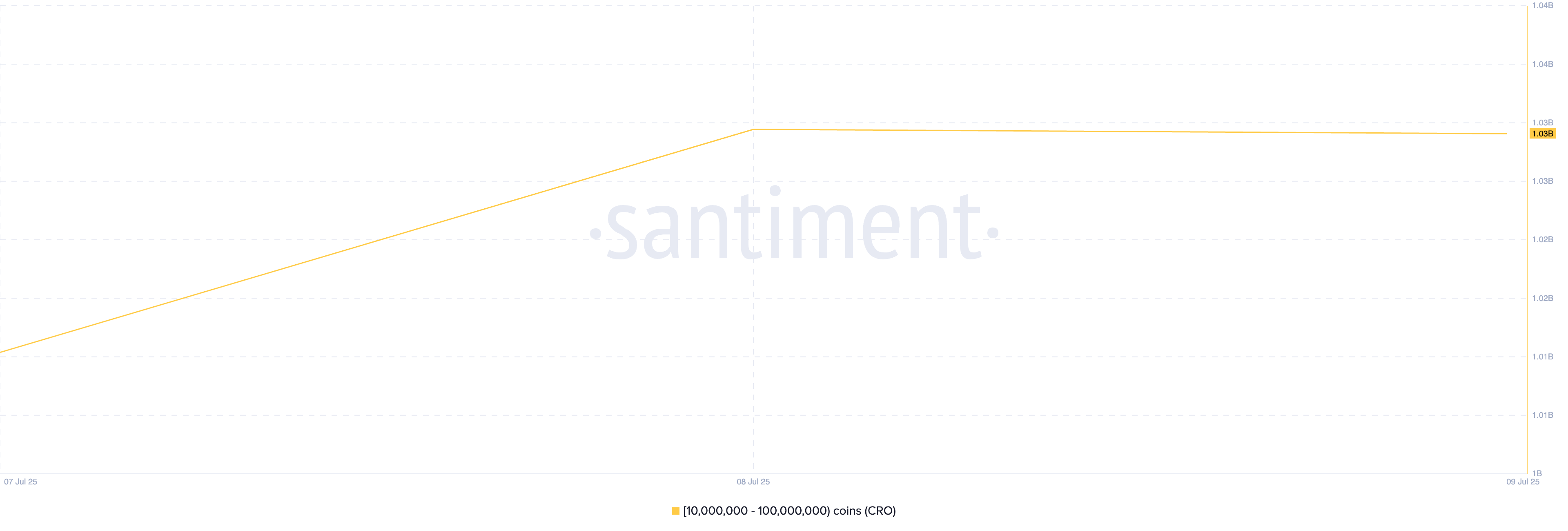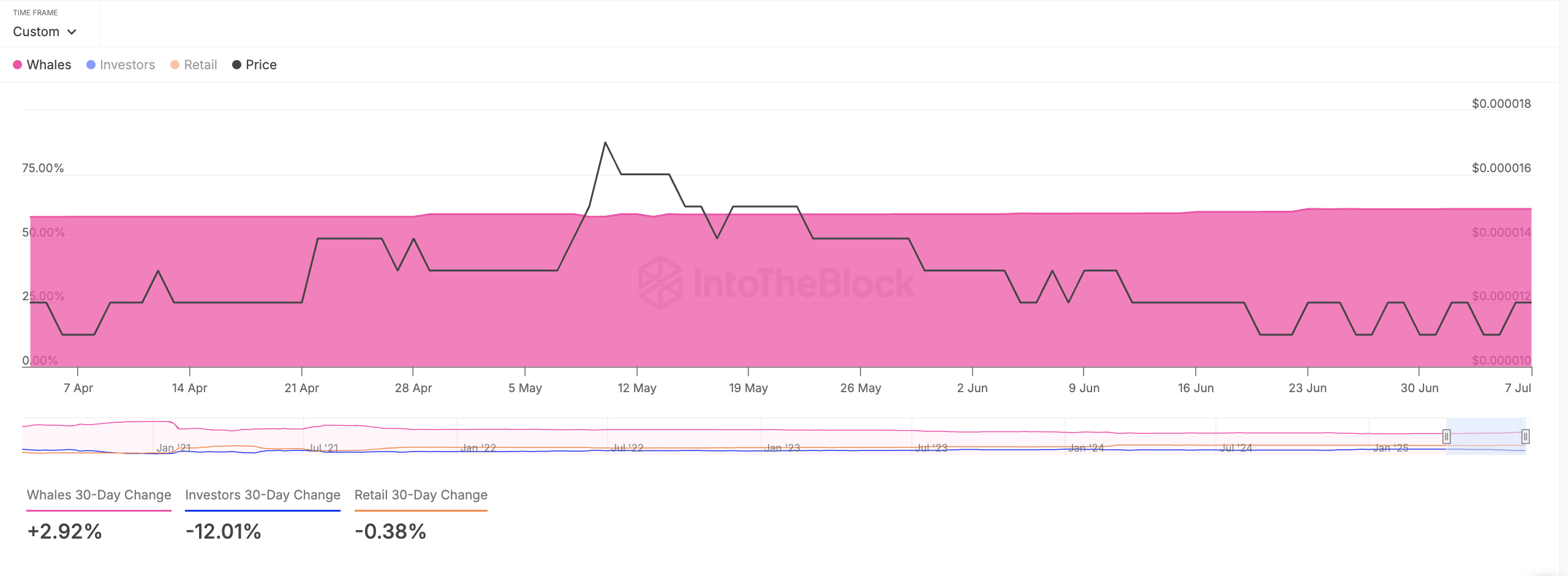
The post Trump Teases ‘Earth-Shattering’ Announcement: Bitcoin or Global Deal? appeared first on Coinpedia Fintech News
U.S. President Donald Trump recently said he has a “big announcement” coming soon. He called it “earth-shattering” and “a positive development for the country,” but gave no clear details about what it is. He did say it’s not about trade, which has led to plenty of speculation online.
Some people believe the announcement could involve Bitcoin or other cryptocurrencies. There are rumors it could be about a U.S. government crypto reserve or some kind of support for digital assets. One crypto personality said the news will be “game-changing” and should come before Monday.
Trump said, “We have a big announcement to make, not about trade but something else but it’s going to be a truly earth shattering and a positive development for this country and for the people of this country.”
Others think the announcement may be about international politics. Online AI assistant Grok shared a few possible options based on current global events. These include a possible ceasefire deal in Gaza that could last five to seven years, a peace deal between Ukraine and Russia that accepts some Russian territorial gains, or a new nuclear deal with Iran in exchange for easing sanctions. All of these would be major steps toward global peace, but none have been confirmed.
Adding to the mystery, Steve Witkoff was recently sworn in as the new U.S. Special Envoy to the Middle East on May 6, 2025. This has made some people think the announcement could be linked to peace talks in the region.
For now, no one knows for sure what Trump’s big announcement will be. But with his promise that it’s coming within a few days, people are eagerly waiting to find out.













